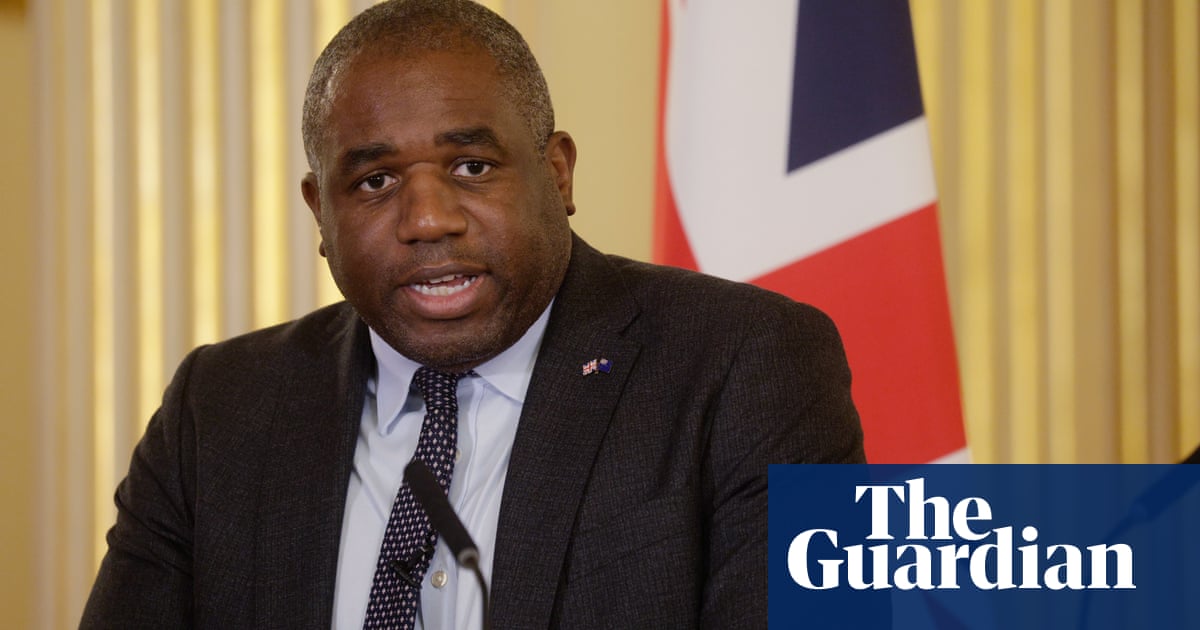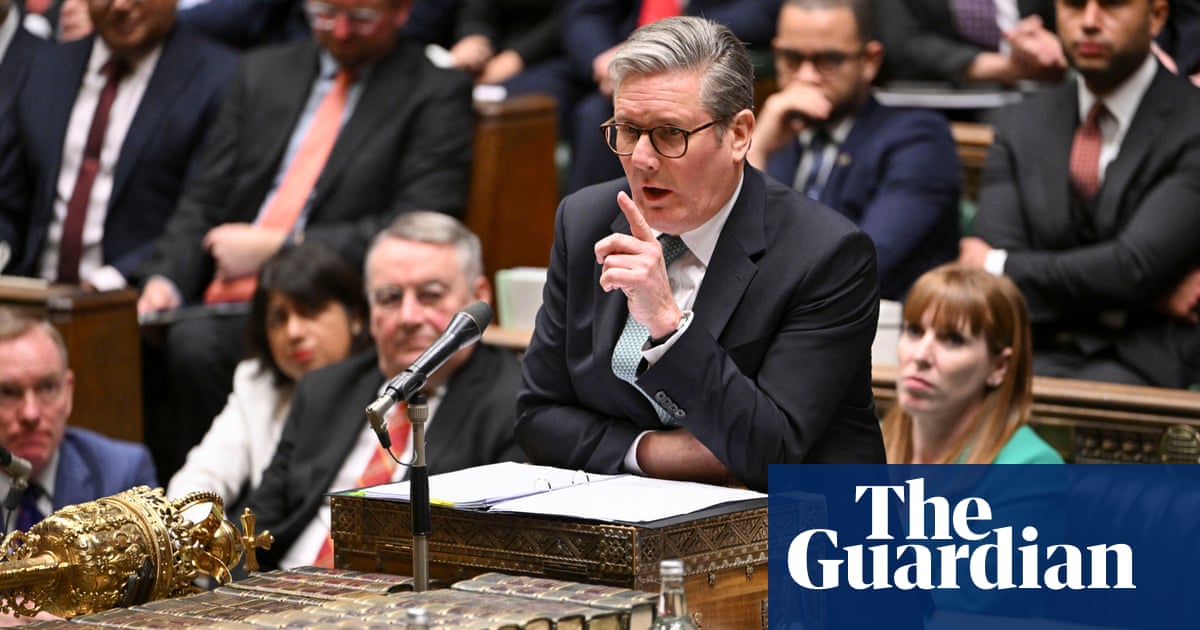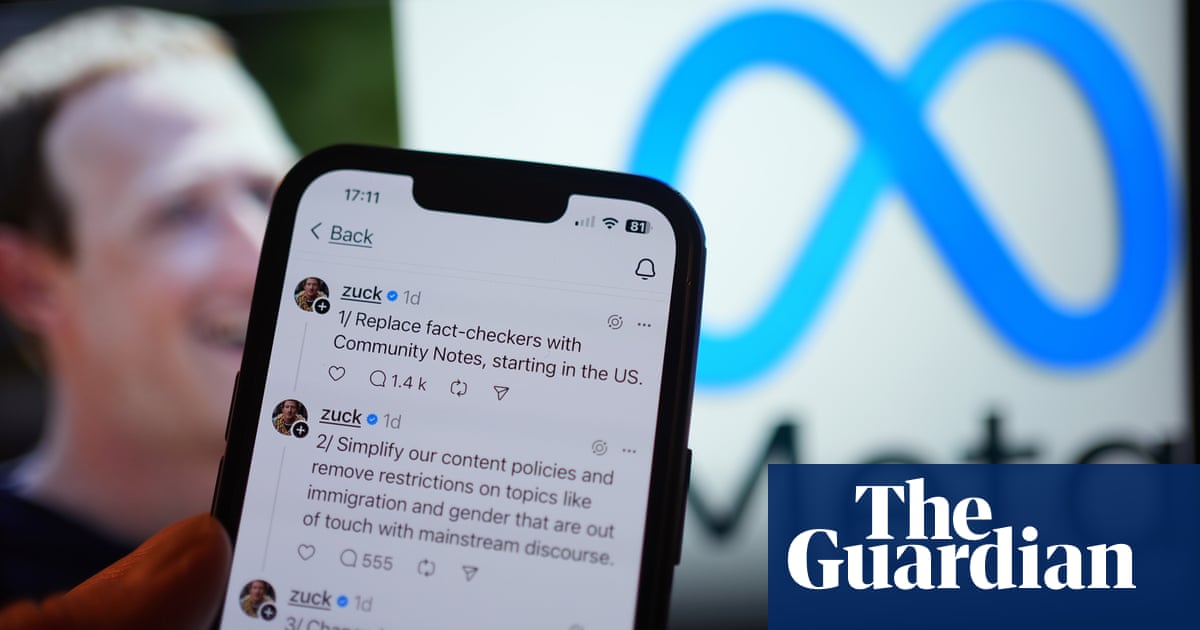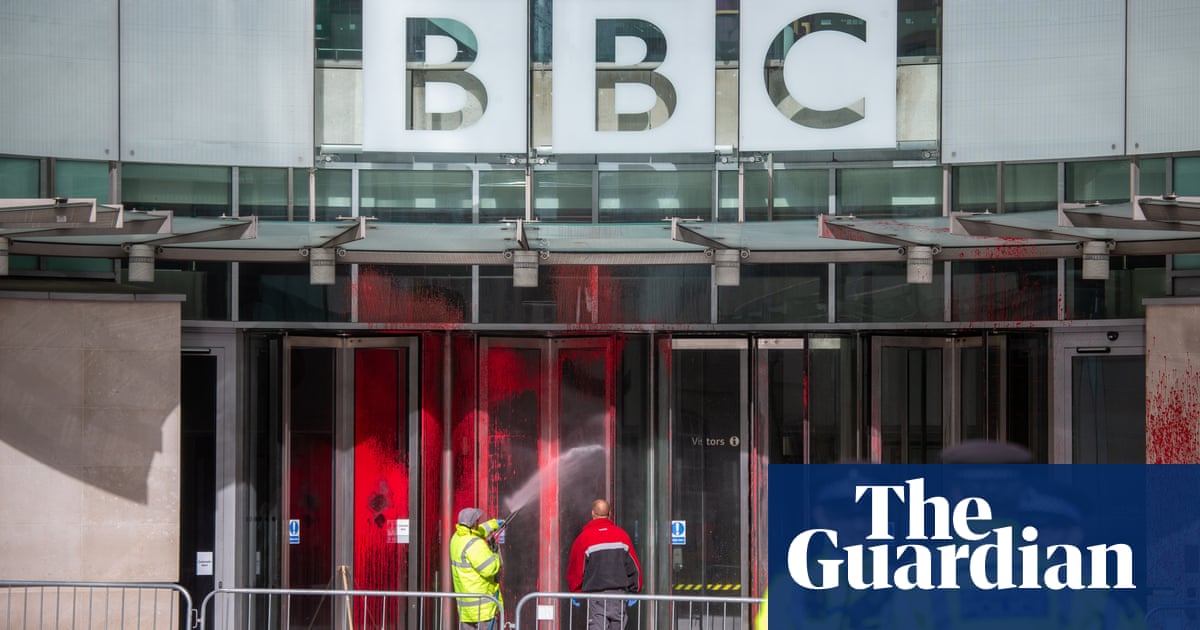Compare and contrast. Back in September, the Competition and Markets Authority (CMA) had a big grumble about Vodafone and Three’s plan to merge their UK mobile operations. A combination of the third- and fourth-largest operators could result in “a substantial lessening of competition” and “tens of millions of mobile customers having to pay more”.
And now? As long as the duo honour their promises to splash the cash and invest in their combined network, long-term competition should be boosted, “benefiting millions of people who rely on mobile services”, thinks the CMA. That is not yet the watchdog’s final word on the matter, but the light is flashing green for the deal.
What happened? Well, to be fair to the CMA, its seeming U-turn is not of the handbrake variety. Unless a deal is thrown out definitively at the first stage, there is usually a touch of negotiation-by-soundbite in these investigations. September’s provisional view still left the door open to precisely the sort of remedies the CMA is now backing.
In short, the regulator, Ofcom, will get powers to force Vodafone and Three to upgrade their network over the next eight years, an £11bn programme focused on improving 5G services. And the combo will have to keep certain mobile tariffs and data plans in place for three years to protect existing customers.
Neither of those safeguards will satisfy diehard purists who regard “four-to-three” mobile mergers as an anti-competitive conspiracy against the public. If Vodafone finds it tough to keep up with BT’s EE and Virgin Media’s O2, as runs the traditional counter-argument against mobile mergers, shouldn’t it just try harder or try cutting prices?
Unfortunately, the purist view ignores a few cold commercial realities of today’s market. First, the UK’s performance on 5G is dire. We are in last place among G7 economies for average 5G download speeds, according to the research consultancy Opensignal earlier this year. That statistic suggests incentives to invest are not what they could be, and not what the economy needs.
after newsletter promotion
Second, the current four-way tussle is not obviously resulting in cut-throat competition. EE and O2, the leaders, have had healthy returns on capital for years, while Vodafone and Three have not. And the laggards probably aren’t going to start a price war because they would lose. Third, the 90% concentration of the piggy-back virtual operators on EE and O2’s networks – the likes of Lebara and Sky Mobile – may indicate a certain lack of dynamism in the market.
For all those reasons, the CMA’s new pragmatism looks the correct stance. A proper three-way fight could provide more genuine competition than the current four-way setup in which only two players are ever likely to win. If Vodafone-Three happens, Virgin’s O2 would get a bit of extra spectrum to even up market shares, and that, too, looks a sensible adjustment.
The main requirement, as argued here at the outset of this long process, is that Vodafone and Three are held to their investment pledges. On that score, suggestions of changes to operating licences, backed by powers to impose fines, look a useful direction. The enforcement mechanism needs to be watertight.
For those still not convinced three operators is enough, consider that the US has only that number of major carriers and that the EU, also panicking about how it lost the lead in digital services to Asia, is wondering if it should have allowed more consolidation earlier. The CMA, in signalling that three is OK, is not going against the international grain. It’s a fair call.

.png) 2 months ago
14
2 months ago
14













































